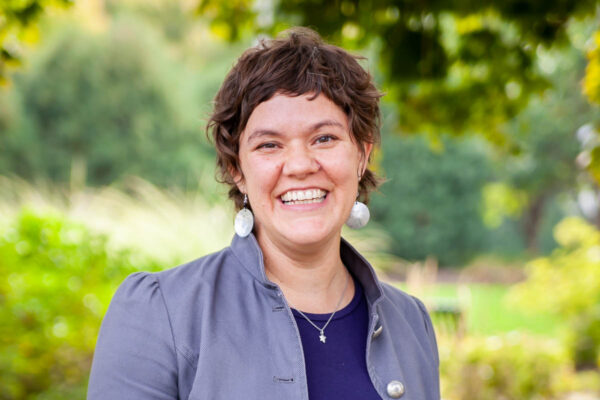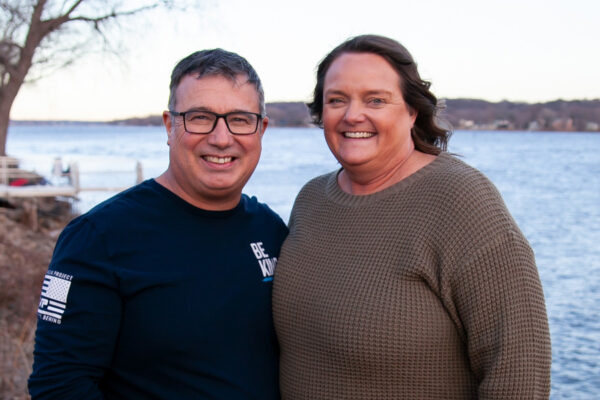Communal words and phrases
In this era of computer search engines, it doesn’t take much effort to learn what words and phrases do the heavy lifting in our language. The frequency with which certain words get used reveals a great deal about the culture we inhabit.
Three psychologists (Twenge, Campbell, and Gentile) conducted a fascinating study of words used between 1960 and 2008. What they found was that individualistic words and phrases that emphasize the individual self far outweigh the presence of communal words and phrases.
So, words like “individual,” “independent,” “self,” “solo,” “unique,” “standout,” “I can do it myself,” dramatically outnumbered more communal words like “collective,” “community,” “tribe,” “team,” and “common good.” This was a marked change from the first half of the 20th century. We know some of the reasons for the shift if we think about modern opportunity, personalized goods and services, and tools that foster independence. But are there places where communal instincts still carry the day?
Yes. I found one. Washington Island, Wisconsin, six miles off the tip of Door County, is such a place. Actually, I knew about this island community from my childhood, when our family spent summers on a neighboring island in the same waters of Lake Michigan. But several weeks ago, I took the opportunity to return and explore this 35-square-mile tract of field, forest, and limestone beach.
Seven hundred people make their year-round home on Washington Island. They may not have an easy existence, given the remoteness of their world; but there are beautiful communal dimensions to their life.
I noticed how residents there support one another. If you don’t buy local, there is no economy. Sure, one could bring over plenty of cheaper goods from the mainland; but how would the one or two stores on the island survive?
Speaking of shopping, there isn’t much on Washington Island. You don’t go there to shop. There is no temptation to practice materialism, unless you consider the cereal aisle at the grocery store as excitement for your consumer fetish.
Islanders cannot afford to make enemies amongst themselves. They certainly have the inter-family squabbles that one might expect in any neighborhood. But, as for adversaries – No. You cannot risk being on the outs with someone when your lawnmower needs fixing, your faucet needs replacing, or your car needs a muffler. Odds are good that there may be only one other person on the island who can tend to your specific need. Alienating others doesn’t do anyone a favor.
I noticed a spirit of common commitment to the future. My wife and I visited with a few small business owners who have put a lot of their own resources into saving small institutions and buildings from demise. “A number of us just grieved the closing of Hotel Washington some years ago,” one woman said. “It just wasn’t right to have this 115-year-old hotel rotting, when there are already so few places to stay on the island. So, a number of us decided to put our money in and make a go of it.”
Don’t believe there is a big return on investment here. The tourist season is three months long. Hotel Washington has nine rooms.
Rich and poor coexist on the island. The rich do not have outsized wealth, any more than the poor are without food. But different from other communities is their deep awareness and respect for one another. It’s really striking when you see them sitting in church beside each other, and running the town council together.
There is no police force. No medic squad. No airlifting of the sick. The fire department is volunteer. I don’t believe they even have a resident physician. What all of this does is grow interdependence and encourage non-anxious living. You won’t survive as an islander if you live with high anxiety.
You catch the drift. Communal words and phrases that have largely disappeared from our language are still heard among the people of Washington Island. I couldn’t miss them. You wouldn’t either.
While I’m attracted to the collective spirit of that 180-year-old Icelandic community, I don’t have any illusion that their version of community is either perfect or unique. In fact, some of what those islanders enjoy and struggle with is exactly what we experience in this little mainland community we know as St. Paul Lutheran Church.
Peter Marty, senior pastor




